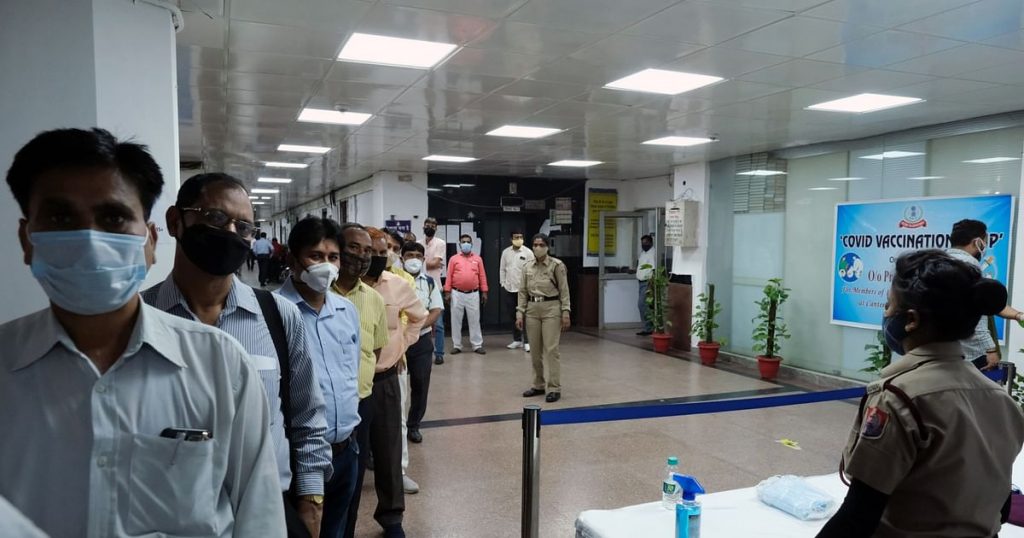India’s corporate sector has requested the central government to permit them to use corporate social responsibility funds towards vaccination programmes that serve not just their employees but broader communities as well.
Company law requires businesses of a certain size to, every year, mandatorily spend 2% of the average annual profit of the past three years on activities defined under CSR provisions. These include healthcare and preventive healthcare as well as relief, rehabilitation and reconstruction for disaster management. A March 2020 government circular permitted the use of CSR funds towards activities related to Covid-19—a notified disaster. And though it allows liberal interpretation of included activities, no explicit provision has been made for public vaccination programmes.
So, industry lobby CII has requested the central government to include public vaccination under CSR for atleast this year, according to its Vice President Sanjiv Bajaj. “We have to do what is right for employees and communities. That’s the practical way in spreading vaccination,” he told BloombergQuint in an interaction. “So many of us have CSR funds available, we hope we can use that, also for the larger community.”
On April 19, the government announced the opening up of national Covid-19 vaccination programme by allowing vaccine makers to sell up to 50% to state governments and in the open market. The remaining 50% will be to the central government. It also permitted those 18 years and above to be vaccinated—the current age threshold is 45 and above. These changes will be effective May 1 but the accompanying rules have yet to be announced.
Bajaj said the business community was working with the government on rules to permit vaccine imports—including who can import, pricing and testing. “As industry and individual companies we will see how to use our own strength in procuring these.”
Besides, the government has agreed to pay a Rs 65-crore grant to Bharat Biotech Ltd., the producer of Covaxin, to increase production from 12 million doses a month to 60-70 million by August. It has also approved advance payments of Rs 4,500 crore to Serum Institute of India and Bharat Biotech, the two local producers currently, to ramp up capacity, according to news reports.
“We will see capacity increase in India itself which will be available to everybody – central, state governments and private sector,” Bajaj said.
Regarding concerns that permitting private procurement may skew the vaccination rollout towards middle class and upper middle class citizens, Bajaj countered that “every life vaccinated is a life saved”. And that, private procurement, through imports and enhanced local capacity addition will have an additive effect, not a replacement effect.




